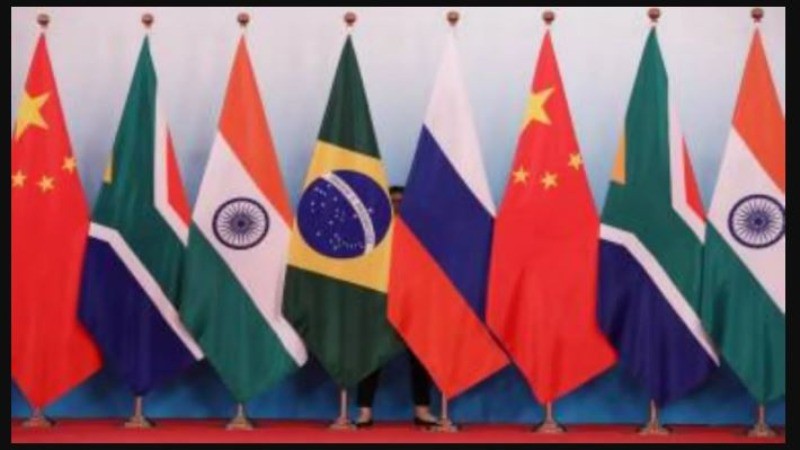
Brazil has become the second BRICS nation after India to decide against joining China’s Belt and Road Initiative (BRI), a massive infrastructure and investment plan spearheaded by Beijing. Brazil, under President Lula da Silva, aims to strengthen its relationship with China without formally signing onto the BRI, said Celso Amorim, Brazil’s special presidential adviser for international affairs.
Amorim explained that Brazil wishes to elevate its partnership with China independently and without binding agreements. “We are not entering into a treaty,” Amorim said, noting that Brazil would like to explore investment opportunities that align with Brazilian priorities rather than depending on China’s infrastructure proposals.
While Brazil intends to find synergy between its infrastructure projects and the investments associated with BRI, it does not plan on formally joining the initiative. Brazil’s goal is to create a balanced relationship with China, focusing on mutually beneficial projects. Amorim added that Brazil could potentially use some BRI frameworks while still retaining autonomy in its project choices.
This decision contrasts with China’s expectation that Brazil would join BRI during Chinese President Xi Jinping’s upcoming state visit to Brasilia on November 20. Officials from Brazil’s economy and foreign affairs ministries had expressed concerns about joining the BRI, stating that it would not yield short-term advantages for Brazil and could potentially strain ties with the U.S. under a future administration.
Last week, Amorim and Chief of Staff Rui Costa visited Beijing to discuss the BRI initiative but returned “unconvinced” by China’s proposals. Brazil’s stance mirrors that of India, the first BRICS country to oppose BRI due to issues surrounding sovereignty and concerns over Chinese influence in infrastructure projects.
India has long opposed China’s BRI, especially over the China-Pakistan Economic Corridor (CPEC), which runs through Pakistan-occupied Kashmir. Indian officials maintain that infrastructure projects should respect international standards, promote good governance, and be financially sustainable. The BRI has faced criticism over debt-related issues in countries like Sri Lanka, which leased its Hambantota port to China for 99 years due to debt obligations.
Recently, the U.S. encouraged Brazil to critically assess its decision regarding BRI. In response, China emphasized the importance of partnerships based on mutual interests, stressing that cooperation between China and Latin America aligns with the goal of creating a fairer international economic order for the Global South.
U.S. Reaffirms Commitment to Strengthening Ties with India, Brazil, and South Africa
China Prepares for Next Crewed Mission to Tiangong Space Station
Japan Boosts Defence with New Long-Range Missile Amid Regional Tensions